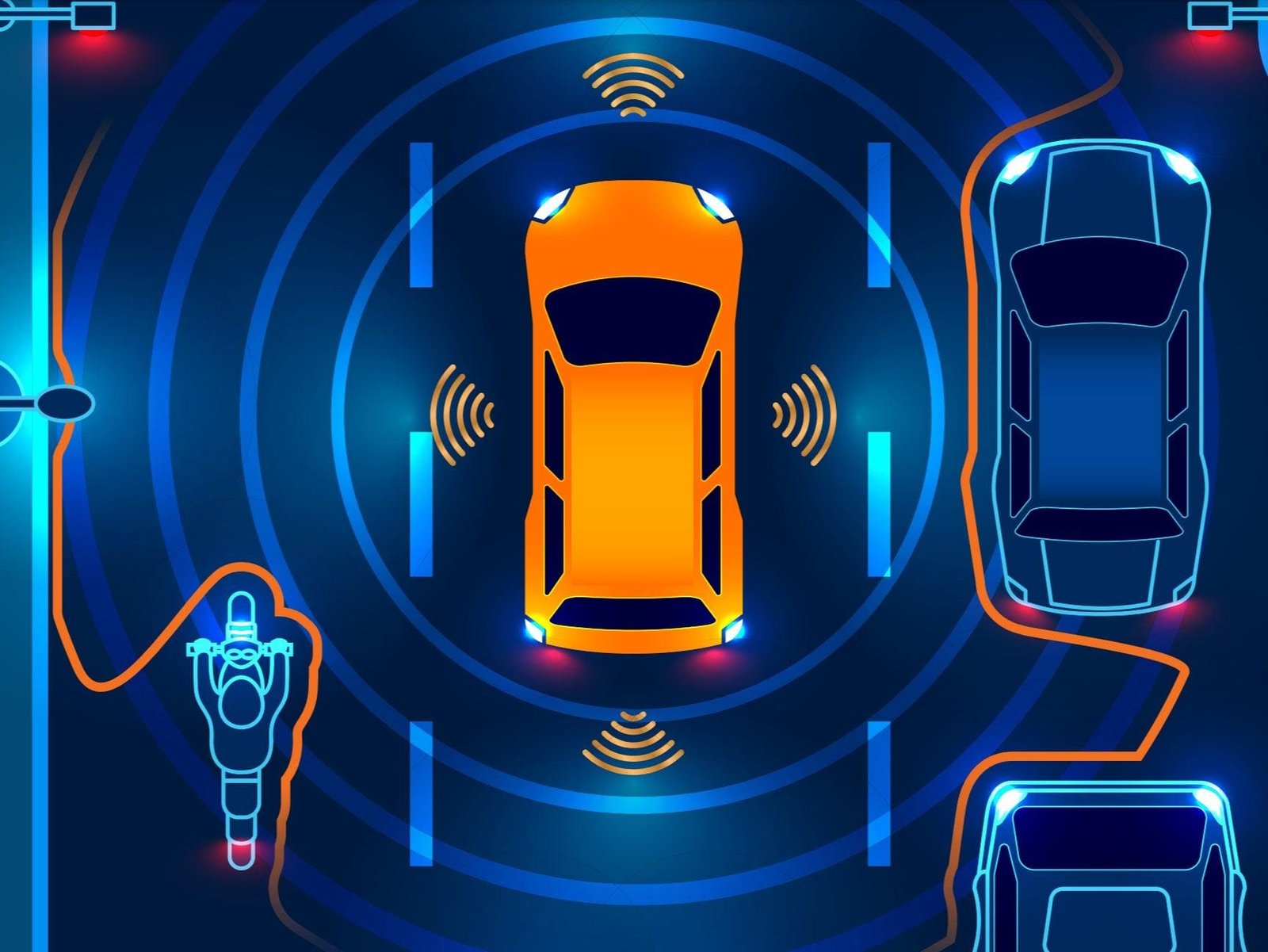Table of Contents
As we stand on the precipice of a new era in transportation, the automotive landscape is undergoing an extraordinary transformation. Innovation is reshaping the way we perceive cars, moving beyond mere machines into interconnected, intelligent systems that promise to redefine our daily commutes and long-distance travels alike.
From the rise of electric vehicles that minimize environmental impact to the advent of autonomous driving technologies, the future of mobility is not just about getting from point A to point B. It’s about enhancing the experience, safety, and efficiency of travel itself.
Traditional paradigms are being challenged, paving the way for sustainable solutions and smart infrastructure that prioritizes not only convenience but also community well-being. As we explore the fascinating developments on the horizon, one thing becomes clear: the future of cars is waiting, and it is brimming with promise.
Innovative Technologies Shaping Tomorrows Vehicles
As automakers pivot towards sustainability and connectivity, electric vehicles (EVs) are leading the charge. With advancements in battery technology, cars now boast longer ranges and reduced charging times. Additionally, developments in smart grid integration allow EVs to not only consume energy but also return it to the grid, enhancing efficiency. Key features like regenerative braking and synchronized charging systems exemplify how technology is paving the way for a cleaner, smarter future.
Moreover, autonomous driving technologies are reshaping our understanding of mobility. Through the use of AI and machine learning, vehicles are now equipped to interpret complex environments, enhancing safety and reducing accidents. Vehicle-to-Everything (V2X) communication fosters a more responsive transport system, allowing cars to communicate with infrastructure and other vehicles. As these technologies mature, we inch closer to a streamlined, efficient transport network that prioritizes user experiences and safety.
| Technology | Impact |
|---|---|
| Electric Vehicles | Reduce emissions and fuel dependence |
| Autonomous Driving | Enhance safety and reduce accident rates |
| Smart Connectivity | Enable seamless communication and data sharing |

Sustainable Practices Driving the Automotive Industry Forward
The automotive industry is experiencing a transformative shift towards sustainability, with manufacturers embracing renewable energy sources and eco-friendly materials. Cutting-edge technologies like electric drivetrains and hydrogen fuel cells are replacing traditional internal combustion engines, leading to reduced emissions and a cleaner environment. Additionally, companies are adopting principles of the circular economy, aiming to recycle materials and minimize waste throughout the vehicle’s lifecycle.
Furthermore, innovative manufacturing processes are revolutionizing production chains. Brands are investing in smart factories powered by AI and IoT, which optimize resource usage while ensuring quality control. By focusing on sustainable supply chains, including ethical sourcing of raw materials, the automotive sector is not only reducing its carbon footprint but also appealing to the growing market of eco-conscious consumers.
| Practice | Benefit |
|---|---|
| Electric Vehicles | Zero tailpipe emissions |
| Recycled Materials | Reduced resource consumption |
| Renewable Energy | Lower operational costs |

The Rise of Autonomous Driving: Safety and Efficiency Reimagined
As technology advances, autonomous driving is redefining our expectations for safety and efficiency. Without human error, which accounts for over 90% of traffic accidents, self-driving cars promise a significant reduction in collisions. These vehicles utilize sophisticated algorithms and advanced sensors to create a real-time map of their surroundings, allowing them to make informed decisions quicker than any human driver could.
Moreover, autonomous vehicles can enhance road efficiency by optimizing traffic flow and reducing congestion. Key benefits include:
- Increased fuel efficiency through smooth acceleration and braking patterns.
- Reduced travel time by choosing optimal routes.
- Lower emissions with smarter driving strategies.

Enhancing User Experience Through Smart Connectivity Solutions
The advent of intelligent connectivity is reshaping how drivers and passengers interact with their vehicles. Smart connectivity solutions, such as real-time traffic updates and adaptive route planning, provide enhanced navigation experiences. With these innovations, cars become more than just a means of transport—they evolve into comprehensive travel companions, helping users make informed decisions on the go.
Moreover, integrated systems that sync with personal devices foster seamless experiences. Users enjoy benefits such as voice-activated commands, predictive maintenance alerts, and personalized entertainment options. As these technologies mature, they promise to transform the car ride into a dynamic and engaging part of daily life.
In Conclusion
As we stand on the brink of a transformation in the automotive world, the future of cars is both exhilarating and promising. The innovations we’ve discussed serve not just to enhance convenience but to redefine how we perceive mobility.
Key takeaways include:
- Electric vehicles leading the charge towards sustainable driving.
- Autonomous technology creating safer roads and smarter cities.
- Connected cars revolutionizing the driving experience through seamless data integration.
With these advancements, we can envision a landscape where vehicles are not merely machines, but intelligent partners in our daily journeys.
Ultimately, the future of mobility invites us to embrace change and consider how these developments will shape our lives and communities. As we navigate this exciting path, let us remain engaged and informed, ready to adapt to a new era of transportation that promises to enhance our way of life. The road ahead may be unpredictable, but it is set to be an adventure worth experiencing.



